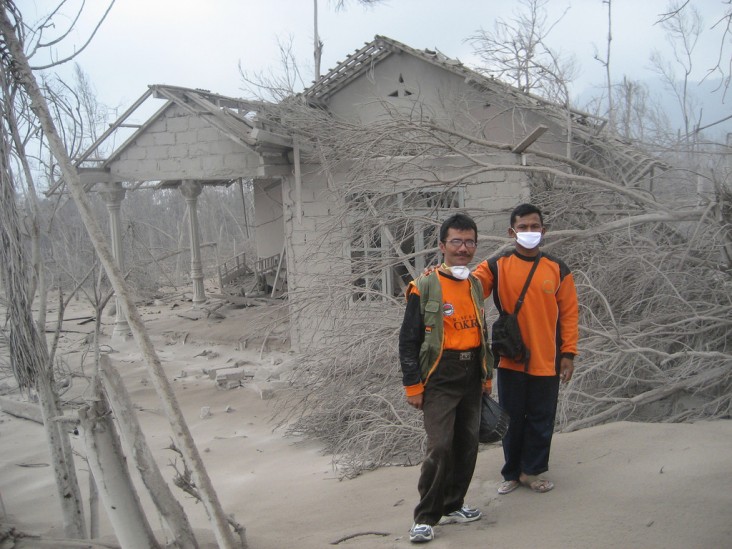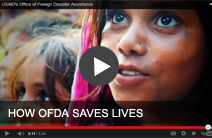- What We Do
- Agriculture and Food Security
- Democracy, Human Rights and Governance
- Economic Growth and Trade
- Education
- Environment and Global Climate Change
- Gender Equality and Women's Empowerment
- Global Health
- Humanitarian Assistance
- Transformation at USAID
- Water and Sanitation
- Working in Crises and Conflict
- U.S. Global Development Lab
Speeches Shim

Hydrometeorological Hazards
Hydrometeorological disasters—such as cyclones, droughts, and floods—account for the largest number of natural disasters worldwide and affect more people than any other type of natural disaster. Between 1999 and 2018, more than 90 percent of all recorded natural disasters were due to hydrometeorological hazards, impacting over 4 billion people, causing more than 500,000 deaths, and resulting in an estimated $2.2 trillion in economic damages. USAID’s Office of U.S. Foreign Disaster Assistance (USAID/OFDA) supports programs to reduce the adverse impacts of hydrometeorological events through disaster risk reduction (DRR) activities designed to strengthen readiness, response, and resilience before hydrometeorological disasters occur. USAID/OFDA-supported DRR initiatives emphasize locally sustainable and environmentally sensitive measures coordinated with vulnerable communities and local and national stakeholders.
Geological Hazards
Geological hazards—including earthquakes, landslides, and volcanoes—threaten millions of people worldwide and can devastate communities in a matter of seconds by destroying homes, causing food and water shortages, disrupting livelihoods, and killing or injuring numerous individuals. Although many geological hazards cannot be prevented, proper mitigation and preparedness efforts can minimize the impact of disasters by saving lives, promoting resilience, and reducing the negative economic effects of geological events.
USAID’s Office of U.S. Foreign Disaster Assistance supports geological hazards preparedness and response activities, including disaster risk reduction programming, that emphasize a comprehensive approach to reducing the impact of geological disasters.


Comment
Make a general inquiry or suggest an improvement.